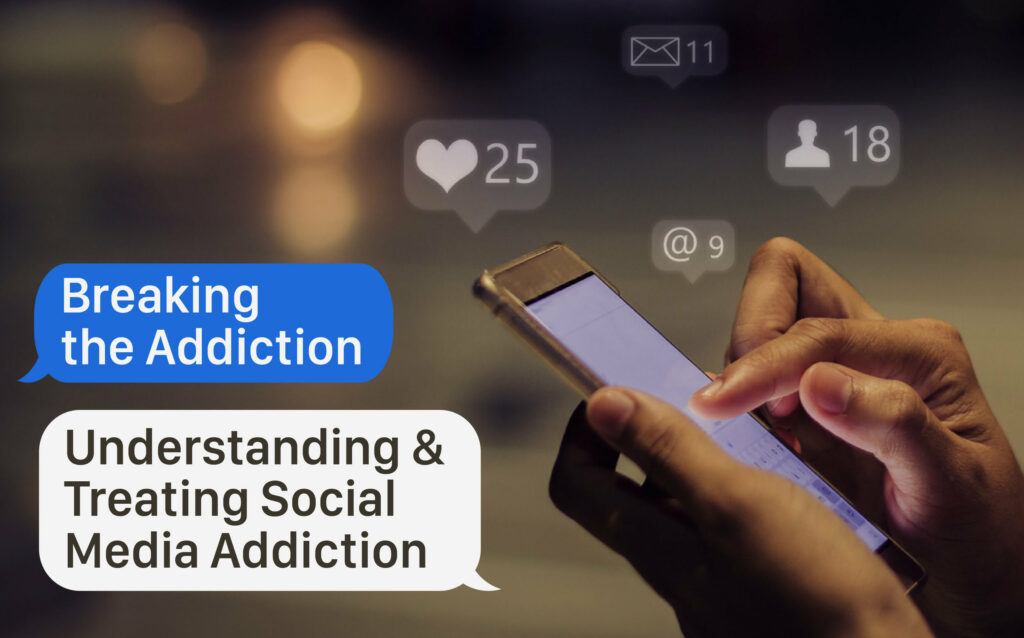Mental Illness and Addiction Disorders. The current global health crises is extremely stressful for most people. Increased fear and anxiety are common reactors and overwhelming emotions are felt and fought at a time like this. Mental health is often considered an invisible illness. We do not wear signs of depression or anxiety on our sleeve and many of us do not feel comfortable sharing our feelings or thoughts out of fear that we may be judged, ridiculed or ostracized. As a result, many individuals with a mental health disorder will try to hide in the shadows of their illness and can end up suffering even more during intense societal issues such as the coronavirus outbreak. Individuals that struggle with substance abuse and addiction may increase their usage due to the fear we all are currently struggling with.
We often assume that individuals with a mental health or substance use disorder will reach out for help, call a hotline, share their current emotional state with someone, but most of the time this does not happen. It is usually a loved one who needs to reach out to the individual who is hurting. Reaching in by showing compassion, asking questions, offering friendship, and raising concern for these individuals can help them enter treatment and seek the professional help they need.
How do we reach in if we do not know what we are looking for in terms of signs and symptoms? Below are common signs associated with a mental health or substance abuse disorder, and learning and recognizing these signs in a loved one can potentially save his or her life.
Social withdrawal or lack of motivation
Staying in bed for days on end, a decline in hygiene, poor work performance, and canceling social engagements are all warning signs that an individual may be battling depression. Usually, this person wants to get out of bed and live a productive day, but their sadness and loneliness can be so overbearing that it can prevent them from engaging with life. If you have not heard from your coworker in days, spoken to your friend in a while, or have noticed your neighbor is more distant than usual, try asking them out for coffee or call them over for dinner.
Drastic changes in behavior or personality
A local, national or global epidemic, a sudden relationship breakup, quitting a job, moving to a new town, or adopting a “new look” are all issues that can intensify illnesses for an individual who is struggling with depression, anxiety, or bipolar disorder, or drug use. If you notice someone in your life who is making significant drastic changes, that seem out of the ordinary; this may be a sign that there is a deeper underlying issue at hand.
Mood swings
Many individuals who are struggling with a mental health disorder will experience mood swings, but often these are difficult to witness, especially if the individual is in isolation. If you notice your loved one is happy one moment, and the next moment is overcome with anger or vice versa…this may be more than just having “an emotional day.” Subtle symptoms of mood swings include irritable behavior, outbursts of frustration, quick changes in demeanor, a snarky text message, or passive-aggressive behaviors. Often, these are mistaken for bad tempers or negative attitudes when, in reality, these can be signs that an individual is profoundly struggling.
Alcohol or drug use
Often, individuals who are struggling with depression or anxiety will navigate toward alcohol or drugs as a self-help mechanism to temporarily relieve their emotional pain and struggles. If you notice these behaviors, then it may be time to talk to your loved one with compassion about their increase in substance use and what is driving them to act in these ways.
Disinterest in hobbies or passions
Individuals who suddenly take a break from their passions may no longer have the energy or desire to pursue the habits that bring hem joy because they are depressed. They may not be able to get out of bed in the morning, they may no longer be driven by passion, and they may push all their hobbies aside. Whether it is painting, writing, running, rock climbing or photography, passions, and hobbies can bring a lot of joy, therapy, and fulfillment to many individuals. When these hobbies are pushed aside, they can worsen an individual’s depressed mood. If you notice that your loved one is no longer engaging in passions or hobbies that were once a big part of their life, this is most likely a warning sign that something much deeper is happening and it’s time to reach out.
Lending a helping hand
How do we lend a helping hand and lead them to treatment? Reaching out to loved ones and making an effort to shed positivity on someone else’s day can mean the world to them. Approach your loved one with empathy and tenderness, give them time and encouragement. Every step to seeking treatment should be approached with compassion.
AKUA IS HERE TO HELP!
If you or someone you love is struggling with a mental health illness or substance use and addiction disorder, AKUA can help. AKUA Mind & Body provides an integrative treatment approach with multiple levels of care from detox, residential to intensive outpatient programs.
With several facilities throughout the Sacramento Region, Los Angeles & Orange County Region, and San Diego Region, we aim to provide our clients with a solid foundation for healing and transformation. Gender specific and Co-ed facilities available.
Call our 24/7 admissions helpline to seek help today!




